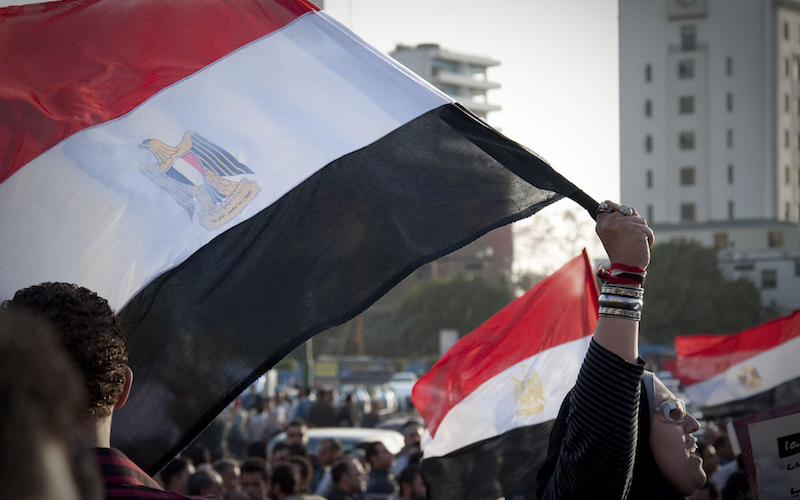By the end of 2010 and the beginning of 2011, uprisings across the Arab world toppled long-lasting dictators which altered political systems and led to new overlapping, intertwined and intersecting networks of relations, through which new political actors and temporal dynamics have emerged.
The Egyptian uprising was not a social revolution aimed at changing the social structures, but rather a political one aimed at deposing a 30-year rule of dictatorship. A shift in the balance of power altered ideological power relations with other power organizations (political, military and economic) which led to Islamic factions ascending the political pyramid and to the election of Mohammad Morsi as president who was then replaced by a coup that installed Abdulfattah Al-Sisi. How can we account for such a dramatic divergence in trajectories within less than five years?
Religious frameworks in political contests and mobilization have become more common in recent decades and have led to debates in West Asia and North Africa. The contradiction, it is argued, mainly lies in the compromising nature of politics and the relatively dogmatic nature of religion. Boosted by inaccurate media coverage and primordial analytical frameworks, it is tempting to see religion as responsible for conflicts and underachievement. While it might be partially true that religion is important, it doesn’t tell us the whole story.
In the conventional sense, Islamic movements are often held responsible for using religion to achieve political ends. However, this is not always true. Nondemocratic states in West Asia, North Africa and elsewhere in the Muslim world have constantly attempted to control ideological power like the Islamic religion and its organizations before Islamic movements even came to exist in the form we know today.
For instance in Egypt, Islamic factions, Salafists and Muslim Brotherhood and others, did not join the revolutionary movement in Egypt at the beginning, yet they played a major role after the “25 January revolution” winning 351 out of 498, around 70% of the Egyptian parliament. The conservative Islamic Freedom and Justice Party won 45.7% while the ultra-conservative Salafi Al-Noor Party 23.6%, according to the Official Elections Portal of Egypt.
Political contests and mobilization in Egypt, or any other state, cannot be reduced to only ideological dimensions but rather to the constant power struggle among the elites of the ruling blocs to practice dominance over ideological power networks and sources in order to legitimatize, mobilize, persuade, contest, control, lure, coerce and eliminate.
This power struggle within military, security, political and religious institutions could pave the way for political instrumentalization of Islam and trigger elimination and outbidding processes instead of democratic contestation. Elimination processes create new network-like formations on the periphery and interstitial to official power networks relying (as we see in Egypt) on religion’s transcendence and socio-spatial extensive organization.
 UN Women Arab States
UN Women Arab States